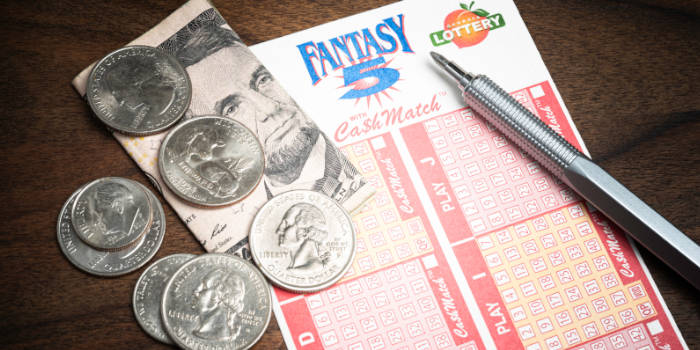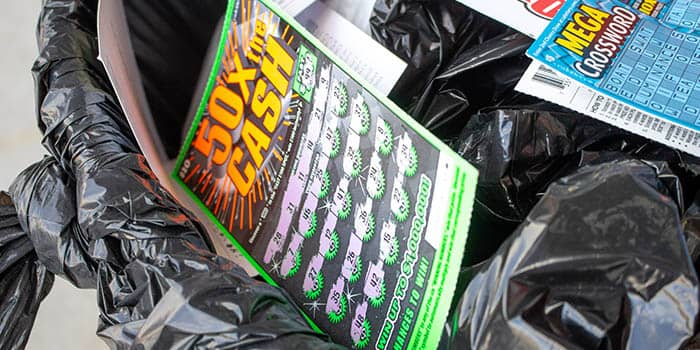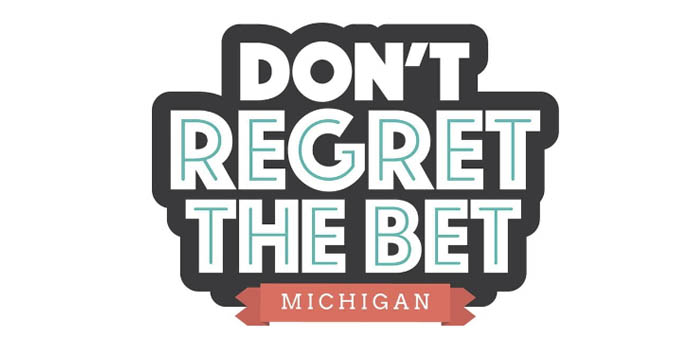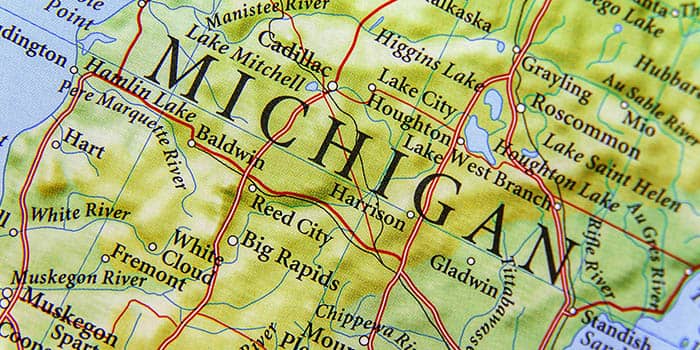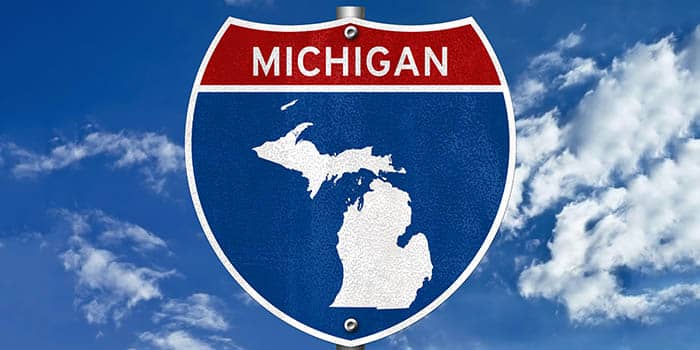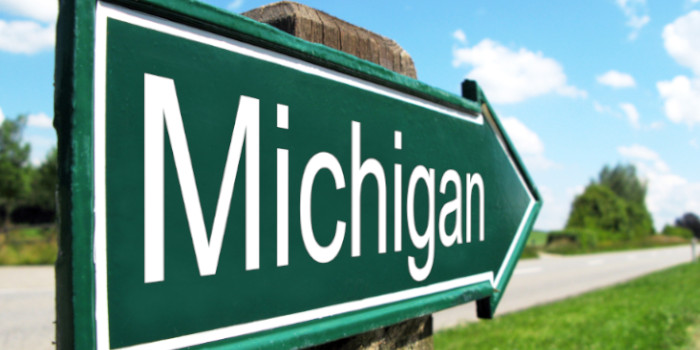Michigan Online Poker Not Quite There Yet

In December 2019, Michigan became the sixth US state to legalize online poker, rounding up a year marked with significant events for the online gambling industry and setting up the perfect opening full of hopes and expectations for 2020.
Players, Hold Your Horses
Passing the Lawful Internet Gaming Act by itself does not mean that online poker is already at Michigan customers’ disposal, and judging by the duration of previous gambling law implementation in the state, it would take at least another year before firm rules are established to give online operators enough safety and solid footing to actually enter the market, as the Michigan Gaming Control Board /MGCB/ spokeswoman Mary Kay Bean admits.
The regulator explains that establishing the rules is a process that goes through a public hearing and public comments stages before the MGCB issues impact statements, and the rules will need to provide for the licensing process from vetting to the subsequent issue of licenses, and though it has taken Pennsylvania almost 2 years from the legalization to the first online poker platform to launch, the MGCB is confident 2021 is a realistic target date.
Joint Efforts Bring Results
The passing of the law to legalize online poker and casino in the state of Michigan was a result of joint bipartisan efforts of Republicans State Representative Brandt Iden, who dealt mainly with the legislative work, and Democrats State Senator Curtis Hertel Jr., who was tasked to bridge the gap during the negotiation process with Governor Gretchen Whitmer, and it took some compromises on both sides before the act was finalized.
What is clear so far is that all three casinos in Detroit and all the tribal ones throughout the state can apply for a license for online poker operations, as well as online casino, paying an application fee of $50,000, followed by a licensing fee of $100,000 if the applicant is successful, subsequently renewed on an annual basis for $50,000, with taxing tiered into 5 revenue brackets, ranging from 20% for gross revenue less than $4 million to 28% for gross revenue above $12 million.
One issue that remains unresolved is the inability of the same operator’s platforms from different states to be interconnected, but it is more due to the ongoing appeal by the Department of Justice /DOJ/ regarding the latest interpretations of the 1961 Wire Act, rather than the legislative act itself.
The First Deal Is Already in Place
Though it is still unclear how long it will take for the final rules to be firmly established, PokerStars has already taken a proactive stance by entering into an agreement with Little Traverse Bay Bands of Odawa Indians Gaming Authority that is giving them the first skin access to operate under its brand real-money online betting, poker and casino in Michigan – PokerStars being the only live online poker operator in Pennsylvania so far.
Mike made his mark on the industry at a young age as a consultant to companies that would grow to become regulators. Now he dedicates his weekdays to his new project a the lead editor of GamblingNews.com, aiming to educate the masses on the latest developments in the gambling circuit.



